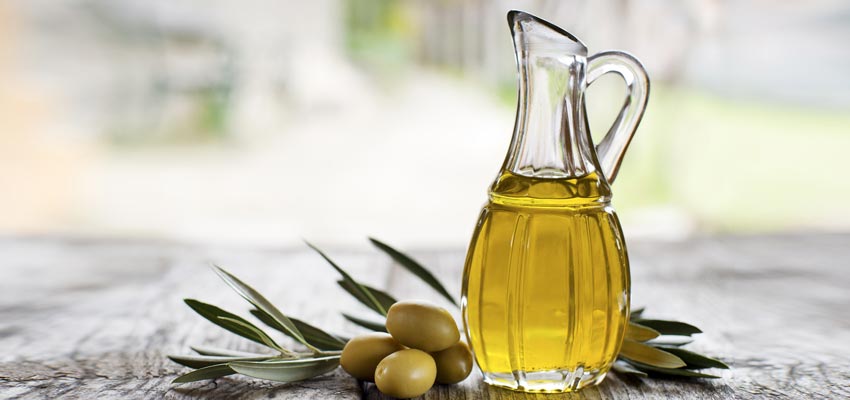The Official Journal of the European Union (OJEU C 482) of 23 December 2016 has published the European Parliament resolution, of 14 January 2014, about the food crisis, the fraud in the food chain and its control (2013/2091 (INI)). This European Parliament Resolution is a consequence of the institutional debate that generated the episode of the horse meat crisis in Europe.
Among other things, it should be noted that in this resolution the European Parliament:
- Points out that among the foods which are often the subject of fraudulent activities are the olive oil, fish, organic products, cereals, honey, coffee, tea, spices, wine, certain fruit juices, milk and meat.
- Considers desirable a change between the competent authorities, who must move from an administrative and veterinary approach to a police approach based on the experience of Italy and Denmark.
- It wants Member States to impose penalties for food fraud involving at least twice the estimated economic benefit sought.
- It recommends including product balance controls in the inflows, outflows and residues.
- Calls on the Commission to compile data from Member States on the type and level of sanctions for food fraud offenses and the operation of penalty regimes.
- Calls for consideration to be given to other methods designed to prevent and discourage fraud, such as public complaint by a European register of food business operators convicted of fraud.
- Asks for extending the existing traceability systems.
- Calls for the publication of annual reports on cases of food fraud discovered, such as the RASFF reports.

 Contact
Contact

 Contact
Contact Career
Career